During the holidays, everyone seems to carry a different version of what matters most. Some family members want to preserve every tradition, while others hope for something quieter or more flexible. This clash of desires often goes unspoken until the moment it becomes visible through frustration or distance. It’s important to recognize that not every preference can be honored at once. Accepting this early can save emotional energy and open space for compromise. Expectations can coexist, but they don’t have to control every choice you make.
I feel like I’m being pulled in five different directions
Juggling multiple invitations or obligations from various family members can feel impossible. There’s often pressure to divide your time evenly, even if it means spending hours in traffic or sacrificing rest. In trying to avoid disappointing anyone, you may end up disappointing yourself the most. It’s okay to admit you can’t be everywhere at once. Choosing where to go doesn’t make you disloyal; it makes you human. Deciding in advance and being honest about your limits can reduce guilt and prevent resentment.
They don’t understand that I need rest too
Many families unintentionally overlook the exhaustion others might be carrying into the season. The assumption that everyone is equally available or energized can cause tension, especially when the mental and emotional load is unevenly distributed. Some people are entering the holidays already depleted from work, parenting, or caregiving. Recognizing that not everyone has the same capacity allows more grace to enter family conversations. Rest isn’t a luxury; it’s necessary. If you need time alone or fewer events, it’s a valid choice—not something you must justify.
We’ve done it this way for twenty years
Family traditions often come with emotional weight. They represent connection, memory, and belonging. But they can also feel restrictive when circumstances change or when they no longer align with individual needs. Holding tightly to rituals without reevaluating their impact can lead to silent resentment. A tradition should bring joy, not obligation. Being open to adjusting or retiring certain customs doesn’t erase their meaning. It simply reflects the natural evolution of relationships and the need to make space for new experiences.
I don’t want to argue, but I feel trapped
Holidays sometimes become stages for unresolved conflict or tense conversations. Whether it’s unspoken family dynamics or controversial topics, the pressure to “keep the peace” often falls on the most emotionally aware person in the room. It’s hard to stay silent when something matters to you, but speaking up can also escalate things. Navigating these moments takes energy and caution. It’s perfectly okay to disengage if a conversation feels unsafe or harmful. Peace doesn’t always come from fixing things—it often comes from knowing when to step away.
I can’t keep doing all the emotional labor
In many families, one person silently carries the bulk of emotional organization. This includes remembering everyone’s needs, soothing tension, and maintaining harmony. This kind of labor is exhausting and often unacknowledged. While some family members enjoy the benefits, they may be unaware of the imbalance. If you’re that person, it’s okay to step back. Delegating emotional responsibilities can create more sustainable relationships. Shared effort builds mutual respect and makes space for everyone to contribute, not just the ones who always do.
I’m expected to smile even when I’m exhausted
There’s a subtle pressure during the holidays to appear cheerful and energetic. This pressure often erases the internal states people might be experiencing—grief, stress, burnout. When you’re expected to show up with a smile regardless of how you feel, it can feel like a performance. Being authentic doesn’t mean you have to explain everything; it just means honoring what you feel. The people closest to you should be able to hold space for your full range of emotions, not just the ones that are easy.
My needs always come last in this house
Family systems sometimes operate on outdated assumptions about roles and priorities. If you’ve historically been the helper or peacemaker, others may still expect you to play that role, even when your situation has changed. It can be hard to express your own needs when you’re used to putting others first. But self-sacrifice isn’t a badge of honor when it leaves you feeling invisible. Naming what you need is not selfish—it’s essential for building mutual care and breaking patterns that no longer serve anyone.
We never talk about what we actually want
Many families avoid honest conversations to avoid discomfort. Plans are often made by default, without asking what people actually hope for. Over time, this leads to frustration, unmet expectations, and a sense of disconnect. It’s surprisingly rare for someone to pause and ask, “What would make this easier for you?” Starting those conversations may feel risky, but they can open doors. Clarity comes from naming things directly, not guessing. Listening carefully can change the way you gather—maybe even for good.
Every moment doesn’t have to be meaningful
There’s often unspoken pressure to make every holiday moment magical. That pressure can turn ordinary experiences into performance. Trying to force significance robs the day of its natural rhythm. Not every hour needs to be a photo or a memory. Often, the most meaningful moments are unplanned—a quiet walk, a spontaneous laugh. Allowing space for stillness gives people room to just be. When you release the need for every moment to count, more of them do.
I love them, but I need space
Love does not require constant presence. Being around family for extended time can bring comfort, but it can also be overstimulating. It’s okay to ask for space, even in the middle of a celebration. Stepping away for an hour—or even a day—doesn’t make you distant; it helps you stay grounded. Your relationships benefit when you feel like you can breathe. Let your boundaries be an expression of care, not separation.
It’s okay to make this year look different
Every holiday doesn’t need to resemble the last. Life changes—sometimes gradually, sometimes overnight. Whether it’s a new job, a new home, or a loss in the family, different seasons call for different approaches. Holding tightly to the past can create friction. Choosing something new is not a betrayal of tradition; it’s a response to the present. Change can be gentle. Even small shifts in routine can bring relief and renewal.
I need someone to ask how I’m doing
Support during the holidays is not always about gifts or food—it’s about being seen. Many people navigate this season while carrying invisible burdens. A simple question like “How are you, really?” can be a lifeline. Yet these questions are rare in busy family environments. If you notice someone withdrawing, reach out gently. And if you’re the one hoping for connection, don’t wait for someone to guess. You deserve to be asked, and to ask in return.
I’m not obligated to fix everything this time
Stepping into family dynamics can trigger old instincts—especially the urge to fix problems before they escalate. But healing isn’t always your responsibility. Sometimes, the best thing you can do is let others handle their part. Choosing not to intervene doesn’t mean you don’t care. It means you trust others to grow. This season, remind yourself that your peace matters too.
I’m choosing calm, even if it means doing less
Simplifying the holidays can be a radical act of care. Choosing fewer gatherings, simpler meals, or more rest doesn’t make you boring or distant. It means you’re making choices aligned with what you actually need. Calm isn’t the absence of effort—it’s the result of intentional boundaries. When you center your own well-being, you show others how to do the same.
Source: Family Medicine Specialist in Dubai / Family Medicine Specialist in Abu Dhabi
